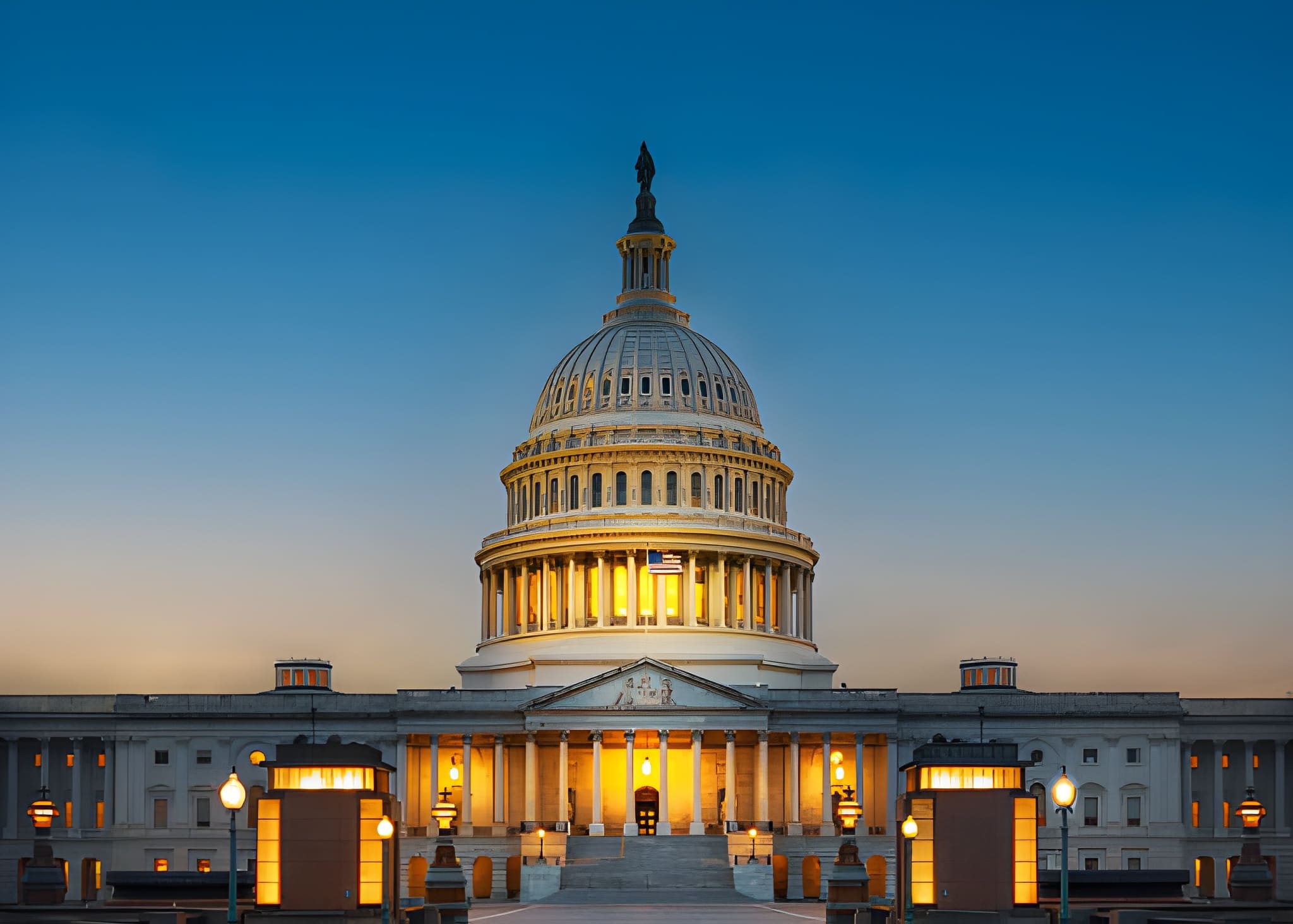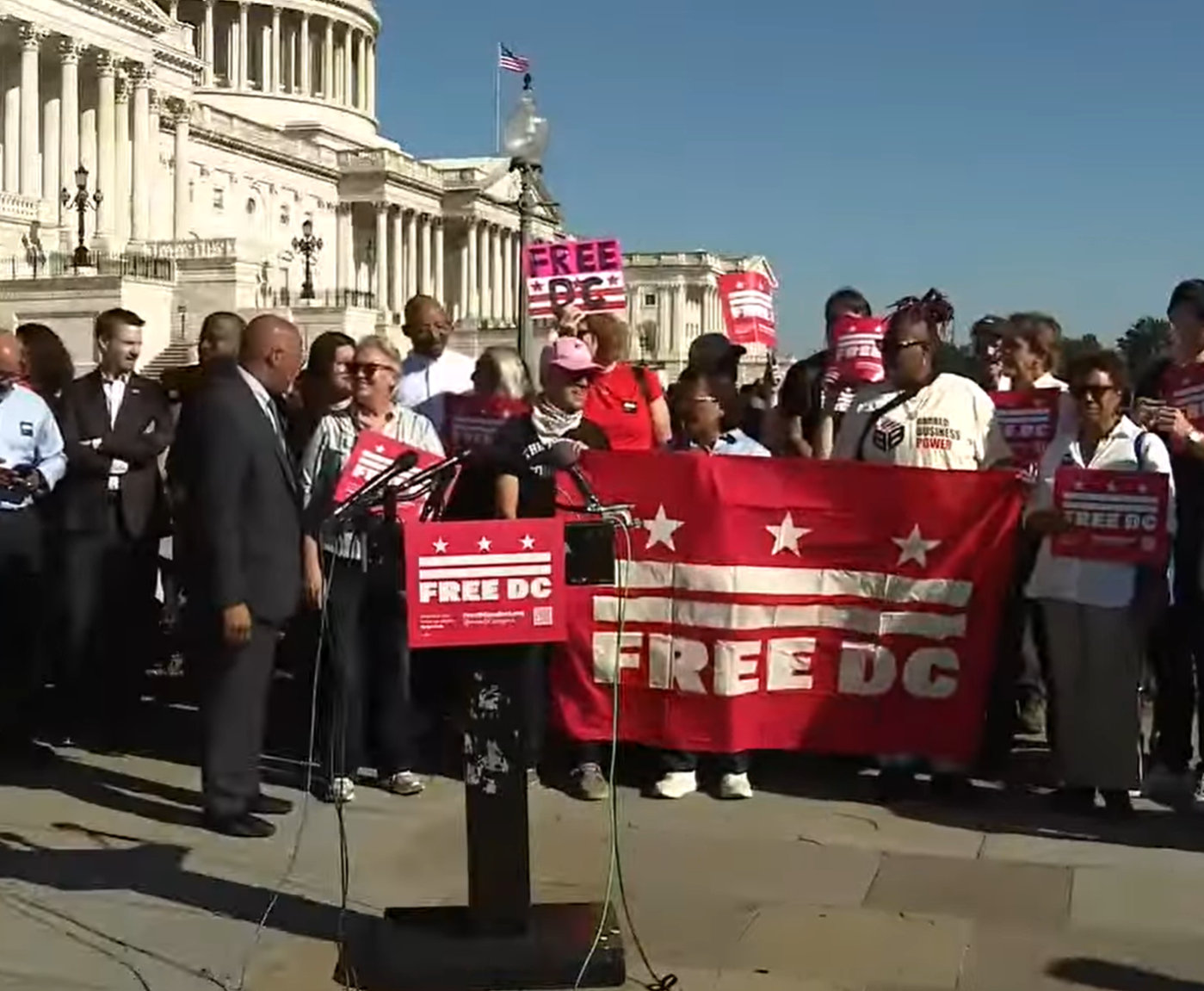The recent decision to postpone the employer mandate to provide affordable health care coverage to full-time employees under Obamacare (the “play or pay rules”) is welcome news to certain mid-sized companies. Now these firms are no longer at risk for penalties until 2016. But another potential tax already in effect – one that dwarfs the play or pay penalty — remains on the books for employers of all shapes and sizes.
[This is the seventh in a series of articles on new developments relating to the Patient Protection and Affordable Care Act of 2010 (aka “Obamacare”).] See Also:
- Equality in Employer Health Care Plans Delayed
- IRS Proposes Fines for Noncompliance with Health Insurance Mandate
- IRS Faces Customer Service Challenges Under Obamacare
- New Bill Ups the Stakes in Obamacare Showdown
- New CBO Report Links Obamacare to Job Losses
- Obama Administration Postpones IRS Insurance Mandate Again
Under Obamacare, an excise tax of $100 per affected individual may apply to an employer that fails to meet certain coverage requirements and other rules. Thus, the maximum annual penalty for each individual failure is a staggering $36,500! Multiply that figure by several employees or more and the penalty could irreparably harm a company and even put it out of business.
Unlike the rules for the employer mandate, this lesser-known excise tax penalty applies to all employers, regardless of the number of full-time time employees. The only entities exempted from the requirements are federal government units. (Although state and local government plans are technically exempt from the excise tax, a comparable $100 per day penalty is applicable under a separate provision of the law.)
The excise tax penalty may be triggered by a wide variety of failures under the law. For instance, some of requirements that could result in the excise tax are:
- No pre-existing condition exclusions or other discrimination based on health status;
- Cost sharing limits;
- Maximum waiting period of 90 calendar days;
- No annual or lifetime limits on essential health benefits;
- Coverage required for 100% of cost (i.e., no deductibles or co-payments) for “preventive services” if the plan isn’t grandfathered;
- Coverage provided to all dependent children up to age 26;
- Adequate claims appeal and external review procedures; and
- Provision of a “Summary of Benefits and Coverage.”
The excise tax will be assessed even if only one of these mandates isn’t met. So employers must exercise extreme care in establishing and administering their health insurance plans. In the event the tax applies, the employer is required to file Form 8928 (Return of Certain Excise Taxes Under Chapter 43 of the Internal Revenue Code) and attach payment.
An employer may be able to avoid the excise tax liability, or have it reduced, if the failure is accidental. Consider the following two rules:
- If the failure was due to reasonable cause, not willful neglect, and it is corrected within 30 days, no excise tax is due.
- If the failure was due to reasonable cause, not willful neglect, but it isn’t corrected within 30 days, the excise tax is capped at the lesser of $500,000 or 10 percent of the amount paid or incurred by the employer for its group health plans.
The IRS has not yet defined “reasonable cause” and “willful neglect” for this purpose. However, considering previous history, it’s likely the agency will say that a failure is due to willful neglect if the employer knew or “should have known” about the failure.
Employers might try to avoid the excise tax by offering one plan complying with all the mandates and another “bare-bones plan” that doesn’t. But this strategy won’t work. The requirements triggering the excise tax are imposed on each plan individually, so any group health plan offered by an employer must satisfy the rules on its own.
Finally, be aware that the play or pay rules, effective in 2015 for large firms and 2016 for medium-sized firms, doesn’t affect this excise tax. An employer could be assessed the tax for one or the other or both. These tax penalties are completely independent of one another.
Alert your clients that the “other” excise tax penalty is already in effect. The IRS is expected to issue more guidance shortly.
Thanks for reading CPA Practice Advisor!
Subscribe Already registered? Log In
Need more information? Read the FAQs
Tags: Benefits, Legislation




